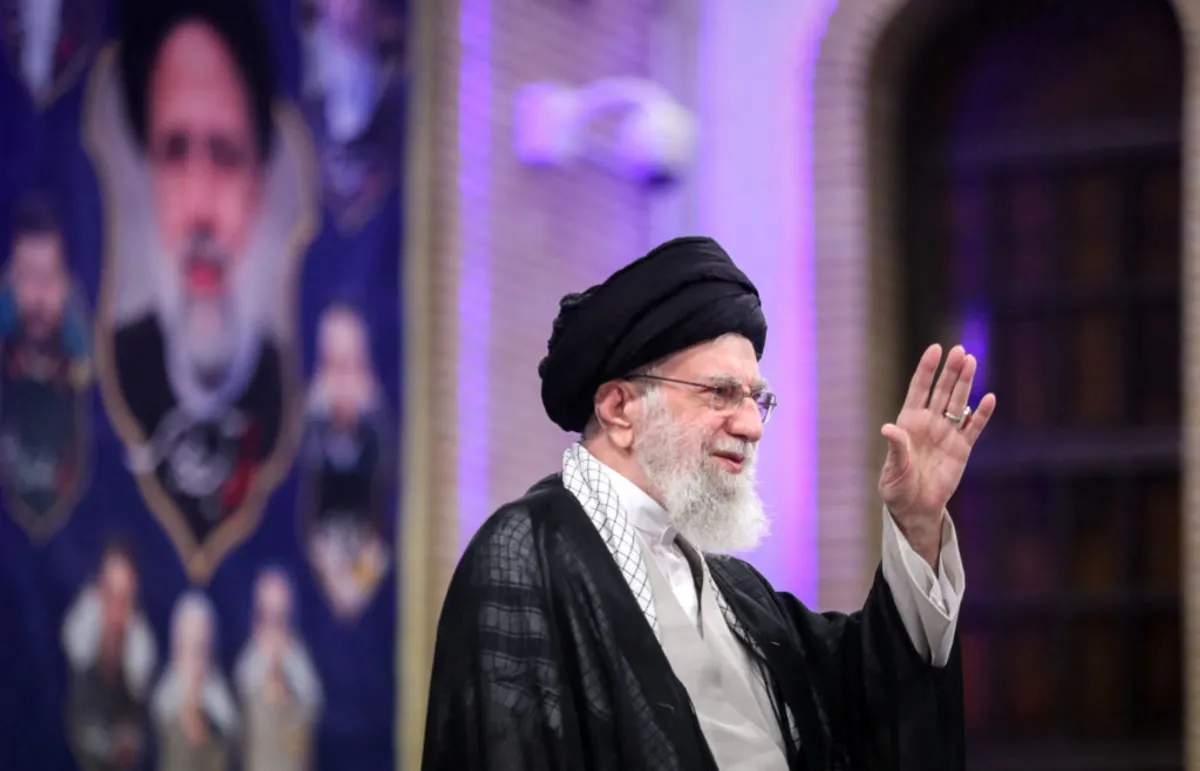
In a significant development regarding U.S.-Israel relations, President Donald Trump has officially rejected a proposal from Israel aimed at assassinating Iran’s Supreme Leader, Ayatollah Ali Khamenei. According to a U.S. official familiar with the situation, Israeli officials had recently presented a detailed plan to the Trump administration that outlined how to execute this controversial move.
The Israeli government communicated their plan to the Trump administration in recent days, asserting that they had developed credible intelligence supporting the proposal. However, after reviewing the plan, the White House made it clear to Israeli officials that President Trump opposed any attempt to carry out the operation, as reported by an unnamed official who spoke under the condition of anonymity due to the sensitive nature of the discussions.
The Trump administration is particularly concerned about the potential fallout from such an operation. They fear that killing Khamenei could escalate the ongoing military conflict between Israel and Iran and further destabilize the already volatile region. This apprehension is heightened by the fact that Israel is currently engaged in military operations aimed at undermining Iran’s nuclear program, which they view as a direct threat to their national security.
In a recent interview with Fox News Channel’s “Special Report with Bret Baier,” Israeli Prime Minister Benjamin Netanyahu refrained from confirming whether the White House had rejected the assassination plan. Instead, he indicated that Israel would take necessary actions as they see fit, emphasizing, “I think the United States knows what is good for the United States.” Following this, a spokesperson for Netanyahu labeled reports regarding the assassination plan as “fake news.”
In light of the escalating tensions, President Trump issued a stern warning to Iran, advising against any retaliatory actions targeting U.S. interests in the Middle East. He asserted that the United States had no involvement in the recent attacks on Iran, even as Israel and Iran exchanged missile strikes for the third consecutive day. Trump stated that if Iran attacked the U.S. in any capacity, the full might of the U.S. Armed Forces would respond with unprecedented strength.
Trump’s remarks came alongside predictions that Israel and Iran would reach a peaceful resolution to their conflict soon. He expressed confidence in his ability to facilitate a ceasefire, drawing parallels to his past mediation efforts between India and Pakistan following their recent military confrontations.
The situation has sparked a divide among Trump’s supporters regarding the extent of U.S. involvement in backing Israel. Prominent figures such as Rep. Marjorie Taylor Greene and former Fox News host Tucker Carlson have voiced concerns that voters elected Trump partly due to his promise to avoid entanglement in foreign conflicts. In contrast, some Republican senators, like Rand Paul, praised Trump for exercising restraint in this volatile situation, while others, like Lindsey Graham, advocated for a more aggressive stance if diplomatic efforts fail.
As President Trump prepares to attend the upcoming G7 summit in Canada, the ongoing crisis between Israel and Iran will likely dominate discussions with leaders from Britain, Canada, France, Germany, Italy, Japan, and the European Union. The situation remains fluid, and the international community is closely watching how these developments will unfold in the coming days.
For more updates on international relations and the evolving situation in the Middle East, stay tuned to our news coverage.